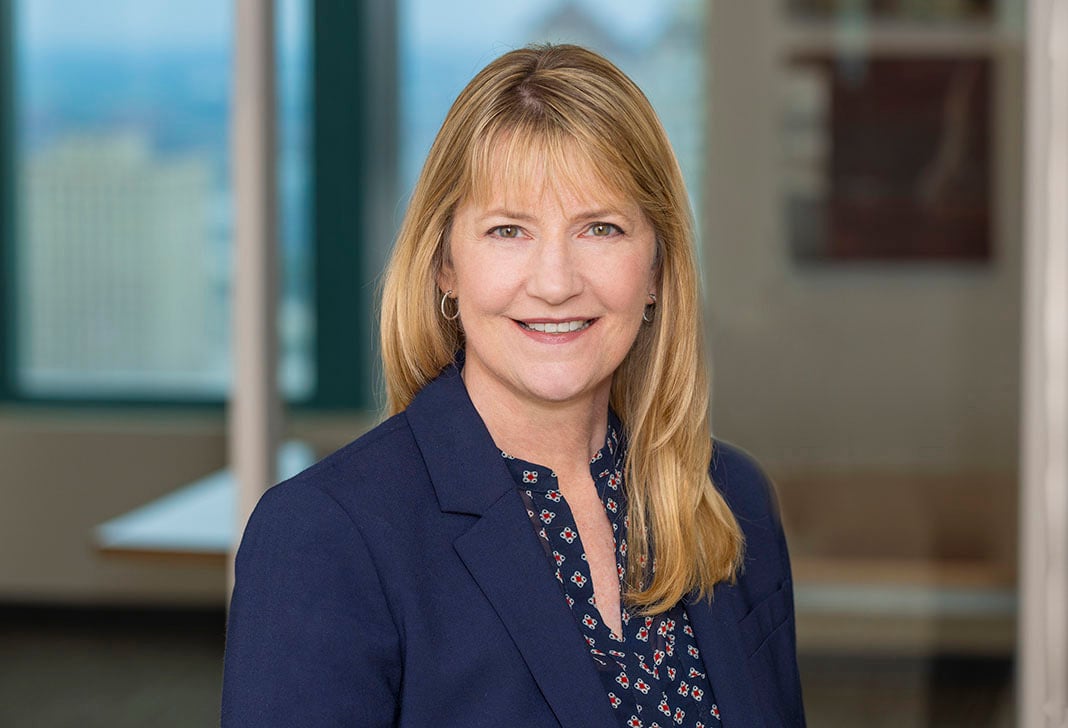
Telehealth Awareness Week: Insights on Telehealth
In support of the American Telemedicine Association's Telehealth Awareness Week (September 18-24, 2022), Jones Day's Digital Health team shared key insights on various legal topics applicable to telehealth. Jones Day's experience in digital health spans more than two decades and involves attorneys across practices from offices around the globe for practical, experienced, and effective telehealth legal services.
Federal Privacy Concerns and Telehealth
by Jeff Kapp
The U.S. Department of Health & Human Services has extended the public health emergency through October 2022. As such, the flexibility granted under HIPAA's rules and OCR's enforcement discretion are also extended. OCR has indicated that it will issue notice to the public when it is no longer exercising its enforcement discretion based upon the latest facts and circumstances. Therefore, Covered Entities and Business Associates need to be mindful of future pronouncements from OCR and the impact on HIPAA enforcement activities.
Moreover, in addressing the "unprecedented intrusion" of connected devices and technology companies that may collect, combine, and monetize sensitive information about individuals, the Federal Trade Commission has stated its intent to vigorously enforce the law if it uncovers illegal conduct that exploits Americans' location, health, or other sensitive data. Ensuring that appropriate policies, procedures, disclaimers and/or consents related to an individual's health information are in place need to be a priority for any participant in the telehealth space.
OIG Special Fraud Alert Warns Practitioners About Fraud Schemes in Telemedicine Area
by Ann Hollenbeck
On July 20, 2022, the OIG issued a Special Fraud Alert to warn medical professionals about kickback arrangements involving telemedicine companies that recruit medical professionals to prescribe medically unnecessary products or services in exchange for payment. According to the OIG, these telemedicine companies seek to characterize the arrangements as legitimate compensation for treating patients, while the medical professionals in these fraudulent schemes fail to meaningfully assess the patient's condition.
The OIG also observed that compensation paid to the medical professionals is often directly correlated to the volume of items or services ordered or prescribed. The OIG reported that these fraudulent telemedicine companies routinely dissuade practitioners from reviewing medical records and interacting with patients, and further manipulate treatment offerings by limiting care options to specified lucrative items or services—all resulting in the ordering of unnecessary products or services.
The Alert serves as an important reminder: if a telemedicine program is not properly structured, or is not operated in compliance with applicable laws and regulations, participating in this mode of care delivery can pose significant risks to practitioners.
DOJ, CMS & OIG Focus on Fraud in Telemedicine Arena
by Becky Martin
Since at least 2019, the U.S. Department of Justice (DOJ), Centers for Medicare and Medicaid (CMS), and the HHS-Office of the Inspector General (OIG) have coordinated efforts to police the growing telemedicine industry. In each of the last three years, and now including 2022, these federal authorities have announced "takedowns" involving hundreds of providers and other actors in the telemedicine space, bringing criminal, civil, and administrative tools to bear on what it has described as "telefraud."
Consistent with the now-established playbook, 2022 has seen coordinated actions by DOJ, OIG, and CMS in connection with allegedly fraudulent schemes involving a range of players in the healthcare industry: telemedicine companies and executives, clinical labs, durable medical goods companies, telemarketers, and healthcare professionals. As before, these actions have largely targeted alleged kickbacks and bribes paid by labs and DME companies in exchange for the referral of patients by medical professionals working with telemedicine companies.
In another parallel to past enforcement efforts, CMS's Center for Program Integrity simultaneously has taken administrative actions against dozens of providers involved in similar conduct, while HHS-OIG coordinated the release of its own public statement regarding telemedicine companies exhibiting certain suspect characteristics.
Given the prevalence and continuing growth of telemedicine (even in a post-COVID world), this scrutiny is unlikely to abate, and telemedicine providers and their partners should give heightened consideration to structural arrangements and other aspects of compliance with healthcare laws and regulations.
Decentralized Clinical Trials
by Maureen Bennett
Sponsors and research sites continue to innovate, through the deployment of novel technology, to perform clinical trials on a decentralized basis. Trial designs that increasingly incorporate decentralized modes of recruitment, administration of procedures and collection of data also provide a gateway for enrollment of a more diverse clinical trial subject population. At the same time, recent guidance from FDA calls upon industry and research sites to ensure that digital tools are properly validated prior to use in a trial.
Regulating Telepharmacy
by Evan Tassis
Telepharmacy, a surging industry akin to telehealth, is the practice of a pharmacist providing services through telecommunications and information technologies to patients at a distant site. Telepharmacy exists in two common types: (1) brick-and-mortar remote sites, which resemble traditional pharmacies but are supervised by a remote pharmacist, and (2) self-service automated machines, which directly connect a patient to a pharmacist through a remote self-service, automated machine kiosk. Approximately forty states currently allow the practice of telepharmacy in some form.
Recently, the Drug Enforcement Agency (DEA) in an advanced notice of proposed rulemaking, "Regulation of Telepharmacy Practice," and the Department of Veteran Affairs (VA) in a proposed rule, "Health Care Professionals Practicing Via Telehealth" seek to expand telehealth regulations and include the practice of telepharmacy. As telepharmacy continues to grow, developing regulations will need to be monitored in the area of controlled substances, given concerns with the legitimacy of controlled substances prescriptions issued via telecommunications and the filling of these prescriptions via telepharmacy.FDA Announces Proposed Nonprescription Drug Rule with Telehealth Focus
by Kyle Diamantas
The FDA recently published a proposed rule titled "Nonprescription Drug Product with an Additional Condition for Nonprescription Use," intended to increase options for the development of nonprescription drug products. For nonprescription drugs, labeling must be sufficient to ensure the consumer can appropriately self-select and use the drug. In certain cases, however, labeling alone is not sufficient to ensure self-selection and use, thus precluding a drug from being offered in a nonprescription format.
In its proposed rule, FDA announces a framework where applicants seeking approval of a nonprescription drug may propose an additional condition for nonprescription use (ACNU) to supplement physical labeling. Under the proposed rule, an ACNU is one or more conditions that an applicant of a nonprescription drug product must implement to ensure appropriate self-selection and use by consumers. The proposed rule would therefore allow consumers to obtain a nonprescription drug subject to an ACNU so long as they fulfill the requirements of the ACNU—typically by responding to a series of questions in a digital setting like a mobile app or pharmacy kiosk or viewing a video, text, or images prior to purchase.
Employers Leveraging Telehealth Advantages
by Dan Cody and David Morris
The telehealth industry continues to mature and the access, efficiency, and convenience of receiving health care services virtually have become even more firmly established. Self-funded employers have noticed and increasingly are partnering with telehealth companies to provide diagnosis, treatment, and wellness and counseling services to their employees. Under these arrangements, telehealth companies coordinate with the employer and third party administrators to make the telehealth platform available to the employer's employees. Typically, the employer pays the telehealth company platform hosting fees, monthly per employee fees, and provides other financial and operational support with the goal of making low cost, quality health care available to its employees. These arrangements need to be carefully structured, however, to comply with applicable health care regulatory, employee benefits, tax, and other requirements.





